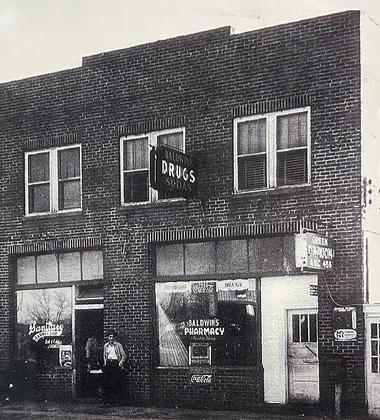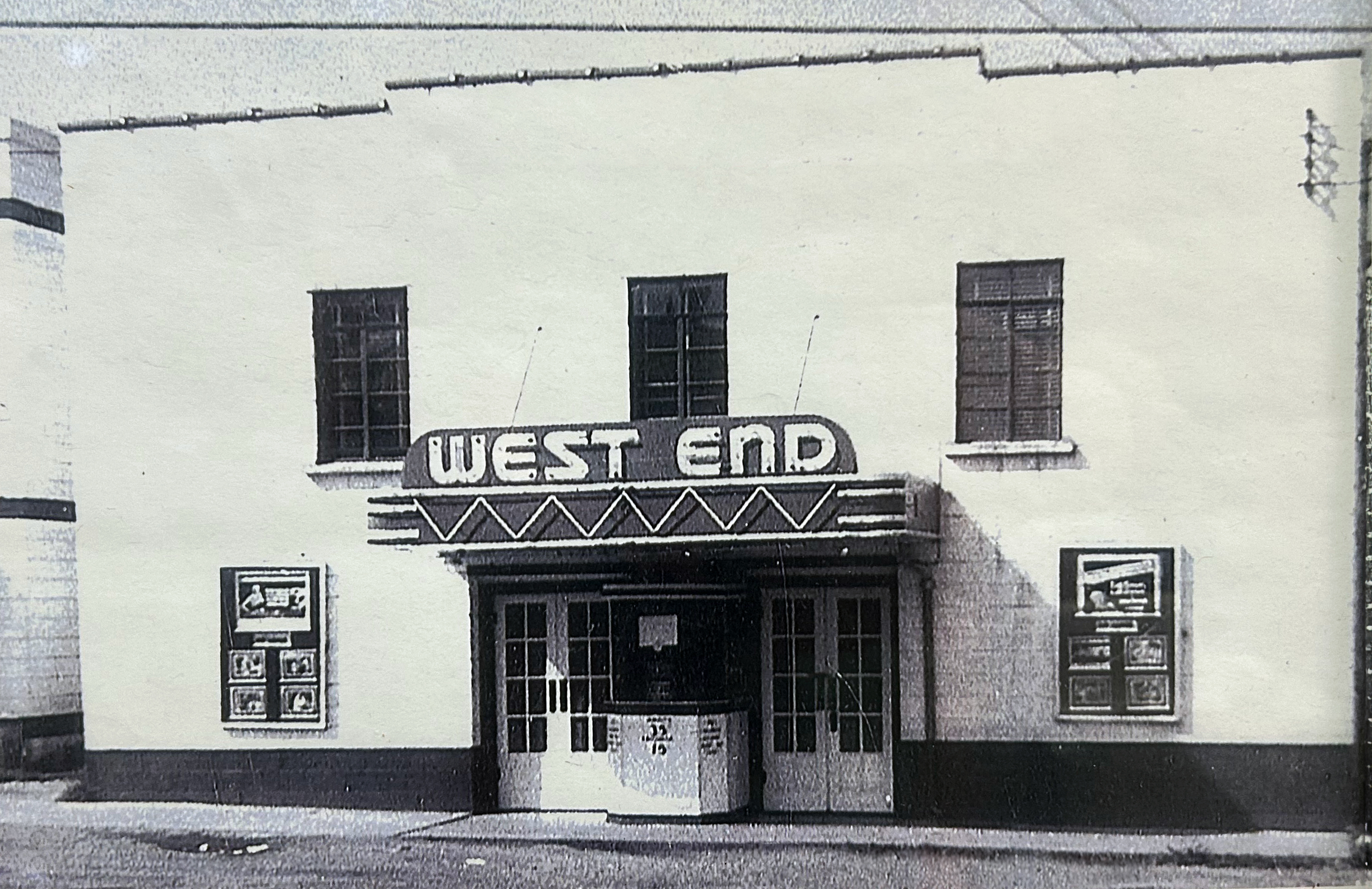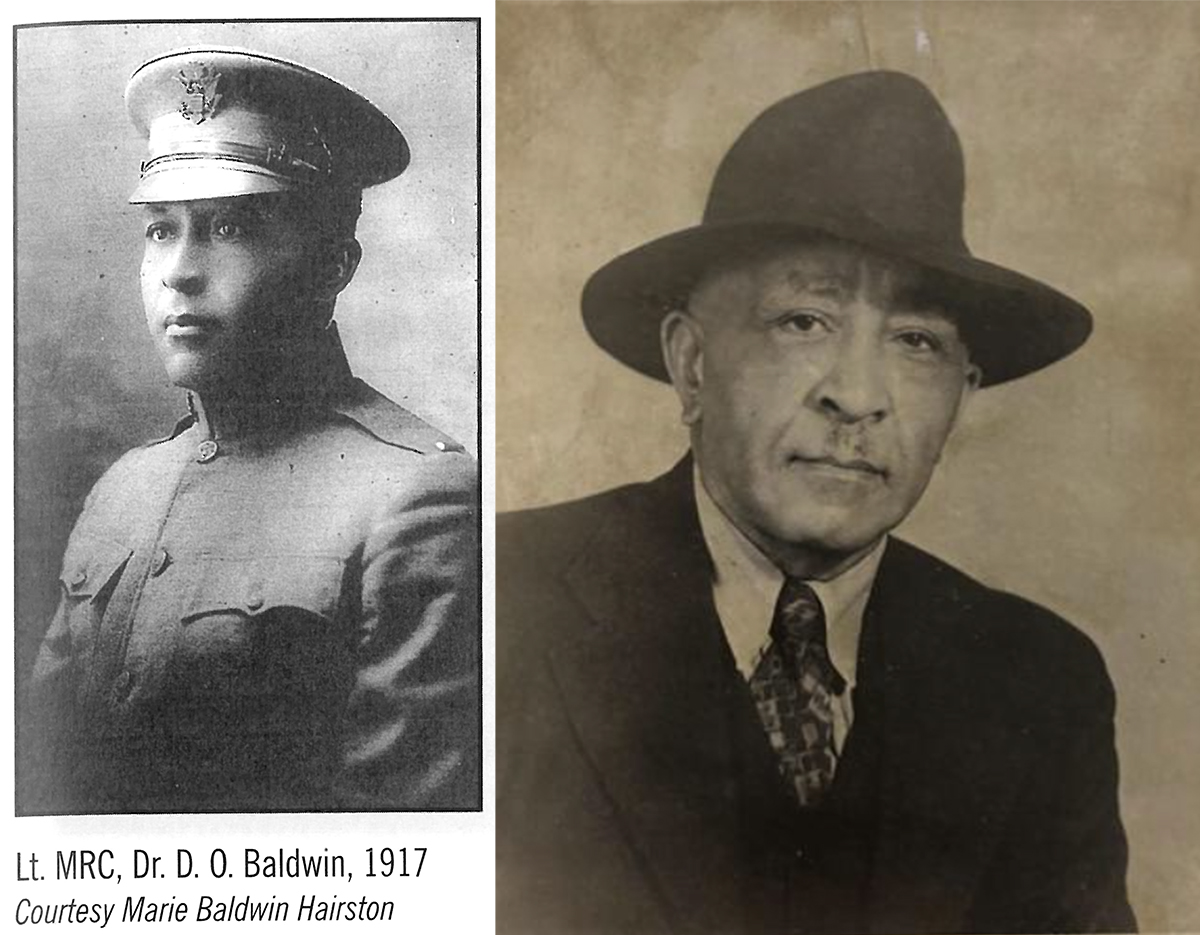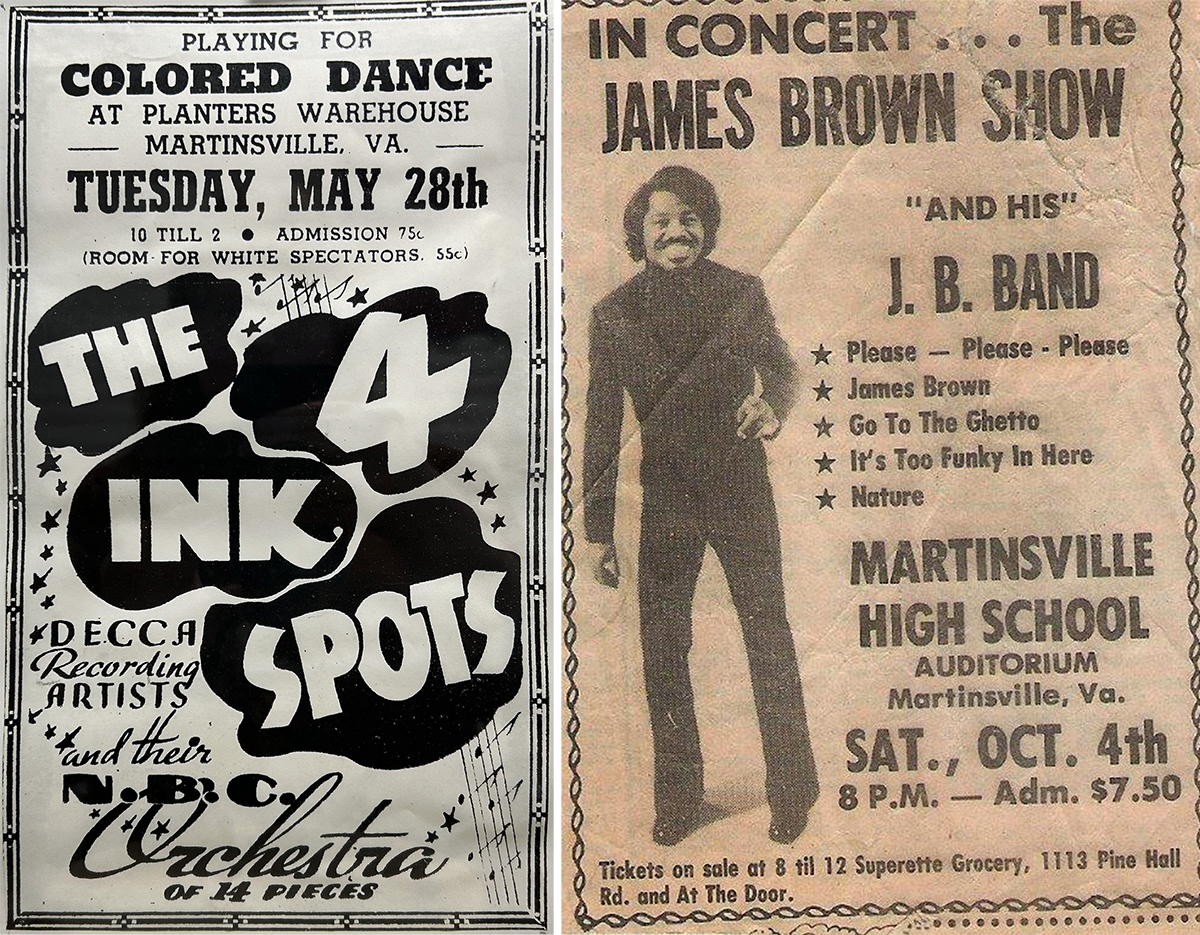Blog
Celebrate Black History in Martinsville-Henry County, VA

Within the historical tapestry of Martinsville and Henry County, Virginia, lies a compelling narrative of African American resilience, achievement, and cultural enrichment that has woven itself into the fabric of this vibrant community. From the early 20th century, when Dr. Dana O. Baldwin emerged as Martinsville's pioneering African American physician, to the establishment of thriving businesses and cultural hubs like "Baldwin's Block," the city's history resonates with the notable contributions of its African American residents. This rich heritage forms an integral part of the area’s identity, inviting exploration and appreciation for the dynamic and enduring legacy forged by its African American community.
In celebration of Black History Month, we invite you to learn more about this intricately woven history and explore the people and places that laid the groundwork for our community. This blog in no way attempts to cover the full spectrum of Black History in Martinsville and Henry County, but we encourage further investigation by visiting the Fayette Area Historical Initiative (FAHI) African American Museum and Cultural Center and by reading Fayette Street: A Hundred-Year History of African American Life in Martinsville, Virginia (1905-2005).

Movie Theaters
Like many towns in the southern United States between the Civil War and the Civil Rights movement, African Americans had to carve out spaces and places for themselves in a country deeply entrenched in racial segregation.
For example, historically movie theaters have been a gathering place for all generations. Once one of the most popular gathering places for the African American community, the West End Theatre brought the latest movies to the big screen on the western end of Martinsville. Adult tickets were priced at 35 cents, and children's tickets were set at 15 cents. The original building still stands but is now occupied by Divine Faith Holiness Church.
Further up the street in the Baldwin Block section of Fayette, the Rex Theatre also served the African American community at a time when Jim Crow Laws banned access to white-owned businesses including movie theaters.
In Martinsville, visionaries like Dr. Baldwin led economic development efforts within the African American community, which included opening the Rex Theatre’s precursor the Baldwin Theatre.

“Mr. Martinsville” – Dr. Dana Olden Baldwin
Dr. Baldwin (March 20, 1881–November 9, 1972) was a trailblazing figure in Martinsville’s history, serving as the city's lone African-American physician for many years. Hailing from Apex, NC, Dr. Baldwin ultimately pursued higher education and earned his medical degree from Leonard Medical College of Shaw University in 1910 in Raleigh.
Licensed by the Virginia State Board of Medical Examiners that same year, Dr. Baldwin came to Martinsville to establish his medical practice.
“The residents were very nice to me, but they didn’t have much confidence in me; and of course, I didn’t blame them,” Dr. Baldwin explained to a reporter in 1961. “It was a real struggle until... I came back from the war [when] my practice began to pay.” (Fayette Street, 2006, p. 19)
Upon his honorable discharge in 1919, Dr. Baldwin returned to Martinsville with a vision for economic development within the African-American community. He acquired property around his medical practice and ventured into various businesses. Notably, he founded Saint Mary's Hospital, offering medical care to anyone in need.
Dr. Baldwin's impact went beyond healthcare and business. "Baldwin’s Block" emerged as a vibrant hub for the African-American community, featuring restaurants, a hotel, barber shop, beauty parlor, dental practice, pharmacy, and a theater.
At a time when Jim Crow Laws limited or banned access to White-owned businesses, African Americans created spaces and businesses to meet the needs of their community.
To commemorate the legacy of Baldwin's Block, three outdoor murals (located on the Market Street side of the New College Institute in Uptown Martinsville) depict a streetscape view of significant businesses in the history of Fayette Street--including Baldwin Pharmacy, Saint Mary’s Hospital, the Rex Theatre, and more.
In addition to Baldwin’s Block, Dr. Baldwin also operated the Sandy Beach Resort located just outside of the city limits along Appalachian Drive near Koehler Road. The resort offered a motel, pool, and stage for concerts, but was unfortunately damaged by flooding and closed in the 1970s.
 The June German Ball, and other live performances
The June German Ball, and other live performances
What started as a spirited dance event quickly morphed into annual celebration that etched itself into the collective memory of local residents—whether they graced the dance floor or merely reveled in its legendary reputation. Boasting acts like Cab Calloway, Walter Barnes, and Erskine Hawkins, the June German Ball grew in attendance and popularity throughout the 1940s. As the event's prestige and attendance soared, the Fayette Street area saw businesses extending their hours well into the night, creating an electric atmosphere. Attendees could purchase burgers, ham biscuits, fish sandwiches, and “snowballs” from street-side vendors into the early morning hours. In this jubilant ambiance, thousands of people walked shoulder-to-shoulder down Fayette Street hoping for a mere glimpse of the headlining musicians.
The June German Ball wasn’t the only event to bring nationally acclaimed musicians to the city of Martinsville, although it did bring performers—often on their rise to stardom—such as Ella Fitzgerald and Count Basie. The city also played host to such acts as The Ink Spots, James Brown, and Ike and Tina Turner.
References
Fayette Street: A Hundred-Year History of African American Life in Martinsville, Virginia, 1905-2005 (2006). Fayette Historical Initiative and Virginia Foundation for the Humanities.
“Dana Olden Baldwin,” Virginia Changemakers, accessed January 19, 2024, https://edu.lva.virginia.gov/changemakers/items/show/296
